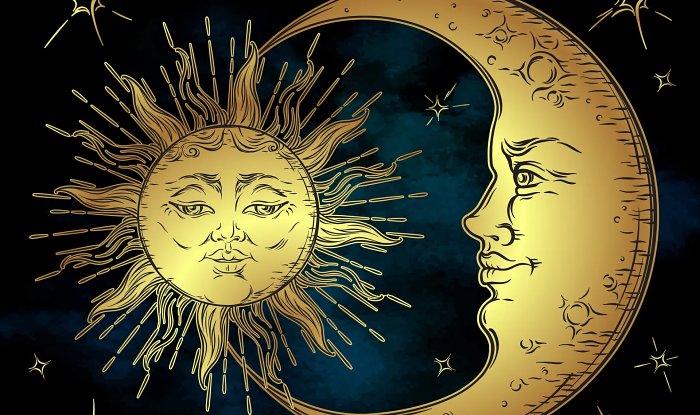Recent research by scientists at the University of Toronto suggests that a day on Earth could be 60 hours long instead of the usual 24. Some might rejoice at the possibility of having more time in a day – but the world and humanity would be very different with such a long day. The 24-hour day is a credit to the opposition between the Moon and the Sun, where our planet plays the modest role of “object of influence”.
Only at first glance, a day seems to be a stable value. In fact, it varied from 10 hours during the formation of the Moon to 23.5 hours at the end of the dinosaur age. It is generally accepted that a day increases by about 1.8 milliseconds per 100 years. If this rate had been historically maintained, the length of a day would now reach a fantastic 60 hours. However, researchers have put forward a theory to explain why this has never happened.

